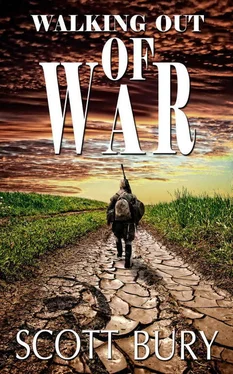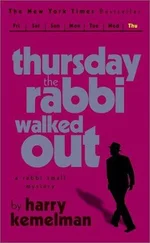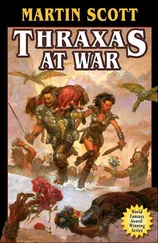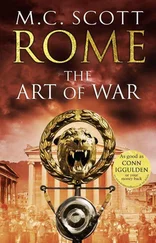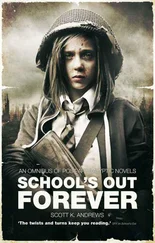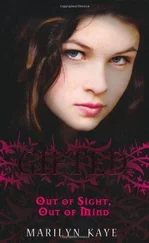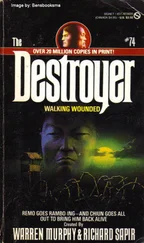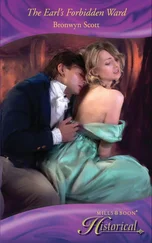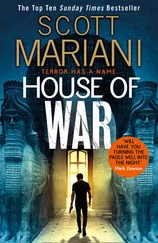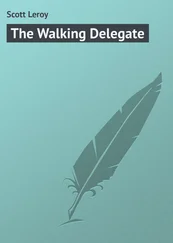Scott Bury
WALKING OUT OF WAR

As always, dedicated to the memory of Maurice Bury
Prologue:
The Red Army returns
Nastasiv, Ukraine, August 1944
Maurice stepped outside onto his mother’s front doorstep. He lit a cigarette, drew a lungful and turned his face upward. He closed his eyes to exhale and savoured the feeling of the sun on his face. It felt like the first day of peace after his nightmarish journey from Kalush.
We have to find somewhere else for Maria to stay. People will notice two extra residents in this house, and we don’t want anyone to ask questions.
The air smelled sweet with hay and growing sugar beets. He looked out at his mother’s fields. They’re doing well, he thought. We’ll have a good crop this year . He crouched, digging his fingers into the rich black soil. He pulled a few weeds out from between the beets.
He stood again, leaned against the fence and closed his eyes. How much longer will this war last? Germany lost the war in 1941, when they stopped outside Moscow and Leningrad. Now they’re gone. And now, Ukraine has to fight Stalin’s USSR to be free .
The Soviets had pushed the Germans out of almost all Ukraine by the end of spring. In June 1944, they had launched Operation Bagration, which had swept the Germans out of Belarus and pushed them away from Leningrad. By August, the Red Army was on the Vistula River in Poland, and the Polish Home Army was fighting the Germans to control Warsaw. Meanwhile, the Americans, British, Free French and Canadians were penetrating deep into German-occupied France. Germany won’t just surrender, though. Hitler is too stubborn .
Maurice wondered about Ukraine’s chances of independence from the USSR. It would be a political question, he knew, dependent on the will of the countries of the West.
And Poland. A free Poland will claim western Ukraine, Russia the east.
Maybe I should go back to Canada when this is over .
Something clamped his left arm, and then something else grabbed his right. He looked up and felt cold terror when he saw the red stripes on the uniforms on the men holding him by the arms: NKVD, Stalin’s political police.
“Come with us, comrade,” said one as they pulled him toward a covered truck. They threw him in the back, where a handful of other fearful-looking young men sat on the floor under the watch of another soldier with a machine gun ready. The engine roared and the truck lurched. One of the young men fell face down as the truck jolted along.
Maurice knew what this was about. The Red Army needed more men to make up some of the incredible losses of men its victories brought.
At the Nastasiv town hall, the soldiers pushed the young captives into a hall where NKVD soldiers lined all the walls. Slawka, the mayor’s daughter whom he had tutored before the war, sat at the reception desk. She watched them come in with wide eyes and open mouth.
Behind a long table, under a huge portrait of Stalin, sat a commissar. Soldiers brought their captives up to him one by one. He took their names and nodded, and soldiers led each one out to another truck to take them to a training camp.
It was Maurice’s turn. The commissar looked at him carefully. “How old are you?”
There was no point in lying. “Twenty-five.”
“Why aren’t you in the army, then, comrade?”
Maurice could not tell them that he already had been in the army, had been captured and then escaped. Explaining that would lead to summary execution for desertion. “I am a teacher in a rural school, exempt from compulsory service.”
“Not during wartime,” said the commissar.
“I am also working on my mother’s farm. I’m the only man in the family.”
“I think you’re a deserter.”
Behind him, Maurice heard Slawka gasp. “Maurice!” she whispered, and he heard her running away.
“No, comrade commissar!” Maurice protested. “No, I was never called up before the Germans invaded, and after that it was too late—”
“You’re lying,” said the commissar. He only had to look at the NKVD soldiers, and they took Maurice’s arms again.
He heard a clatter and then Slawka ran back into the hall with a short, bald man dressed in a rumpled grey suit and tie: her father, Stepan Husar, the mayor. “Please, help him!” said Slawka.
“What’s wrong, comrade commissar?” asked the mayor, a little out of breath.
“Nothing you need concern yourself with, comrade,” the commissar sneered. “This is an Army matter.”
“But why have you arrested this man?” Husar’s hair was messed and his tie was crooked. He tried to straighten it, embarrassed under the commissar’s glare.
“Do you know him?”
“Maurice? Of course I know him. He’s Tekla Kuritsa’s son, he teaches in the ridna shkola, and tutors children—for free.”
“Goddammit, you liar! This man told me himself he was in UPA. Guards, take him out and shoot him.”
Maurice felt cold. His leg began to ache where he had been wounded at Kiev, and he irrationally feared that the pain would give him away—that the commissar would be able to take it as proof that he had served in the army.
“I don’t know anything about that,” the mayor said, speaking quickly. “I know he’s a good man, an intelligent man, loyal. He’s never been a nationalist.”
“There is no record of him as a teacher before the war,” said the commissar.
“We destroyed the records three years ago to keep them out of the Germans’ hands,” the mayor said.
“What about you?” asked the commissar? “Are you a Party member?”
“Yes.”
“Show me your membership card.”
“I destroyed it when the Germans came. They would have shot me. I have daughters, comrade commissar.”
The commissar drummed his fingers on the table.
“Listen, please, commissar,” the mayor continued. “This man is not a nationalist. He’s not in UPA, not a spy. I personally vouch for him.” Maurice wondered how much of his history Husar actually knew.
“Very well. Put him on the train for Donbass.”
This time, there was no time to go home and collect any belongings. Maurice and the other captives were loaded onto a battered, creaking train and were soon on their way east, to another training camp.
This time, Maurice was not an officer, but a private soldier. The Red Army would again send him to fight—and probably die—against Nazi Germany.
Donbass, summer 1944
“How did you learn to break down a rifle so quickly?” the drill sergeant asked.
“I grew up on a farm,” Maurice answered. “You have to have a gun on a farm.”
“A shotgun, yes. Not an automatic rifle. I come from a farm, too,” said the drill sergeant. He was a small man with a round face and earnest brown eyes.
Maurice shrugged, hoping the sergeant would not hear his hammering heart. “I guess I’m just a fast learner.”
The sergeant’s eyes narrowed, but he moved on to the boy beside Maurice, who was fumbling with his weapon. “Get that magazine back together in the next sixty seconds or you’re on double guard duty tonight!”
I have to be more clumsy. And more careful, at the same time , Maurice thought.
Compared to his experience as an officer three years earlier, this training camp for soldiers was brutal. In August 1944, the Red Army had reached the outskirts of Warsaw and was within sight of the Gulf of Riga. They had pushed the Germans out of Russia, Ukraine and Belorussia and were throwing every man they could find into the drive to destroy Hitler’s Germany.
Читать дальше
